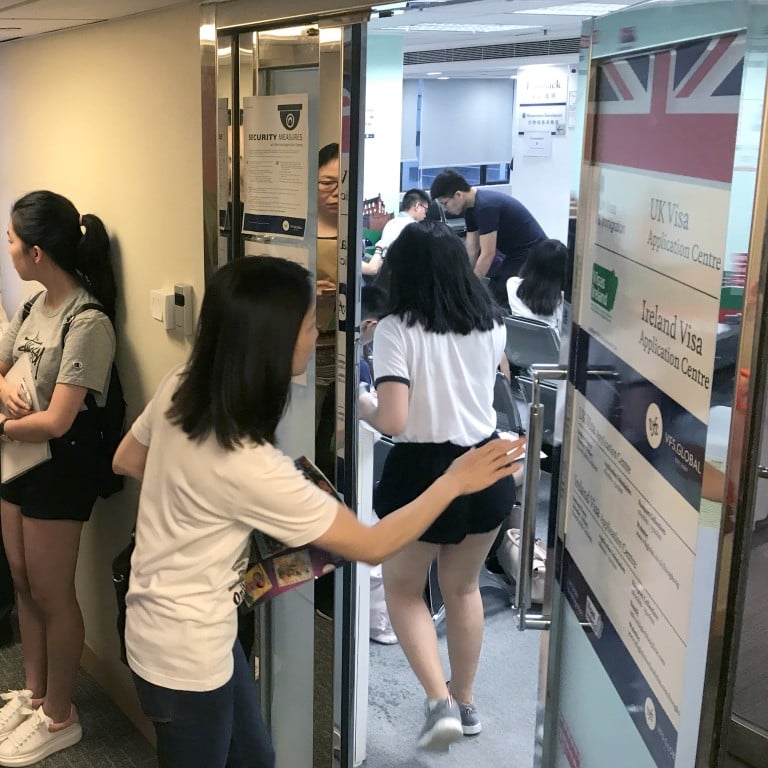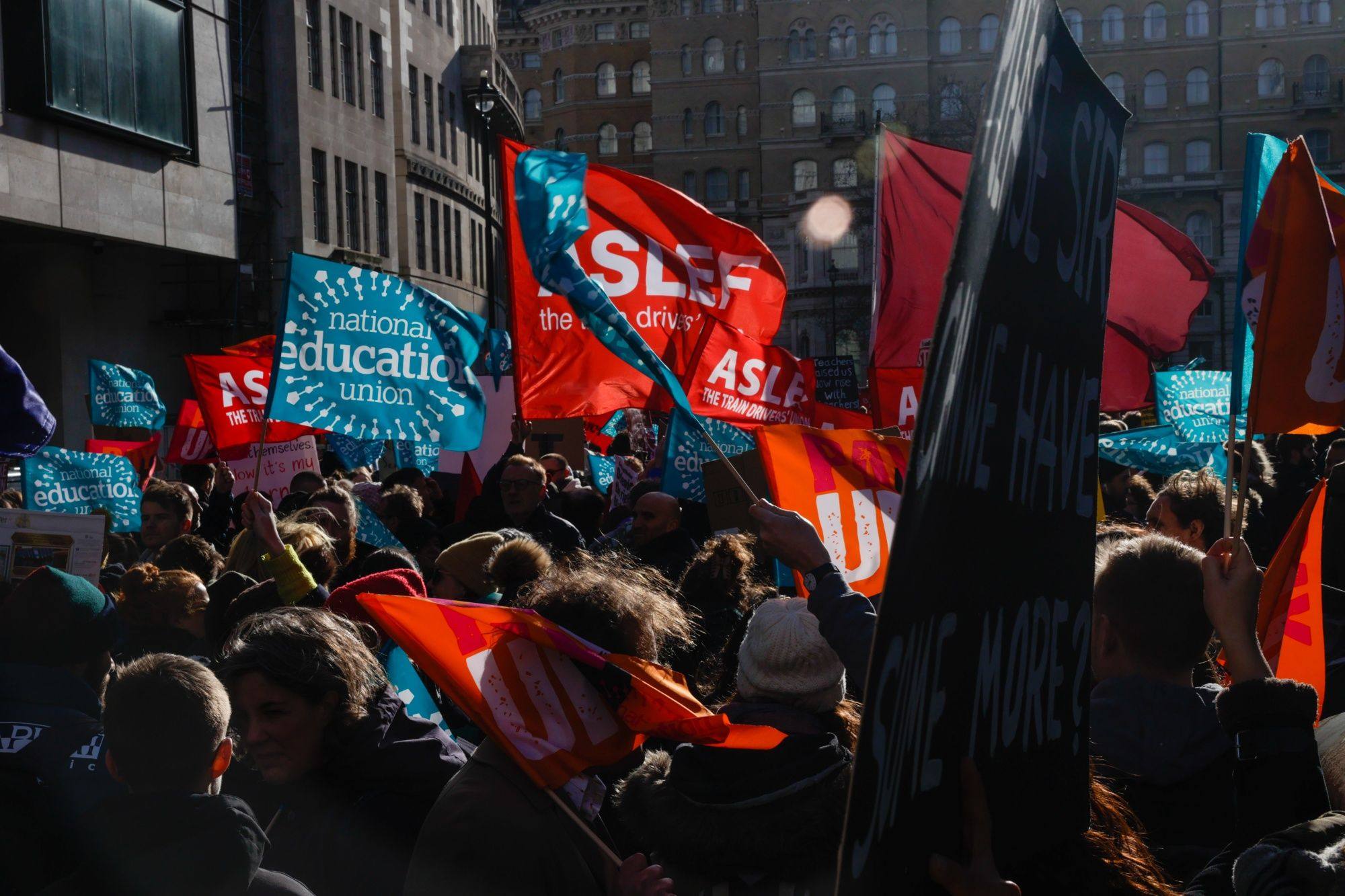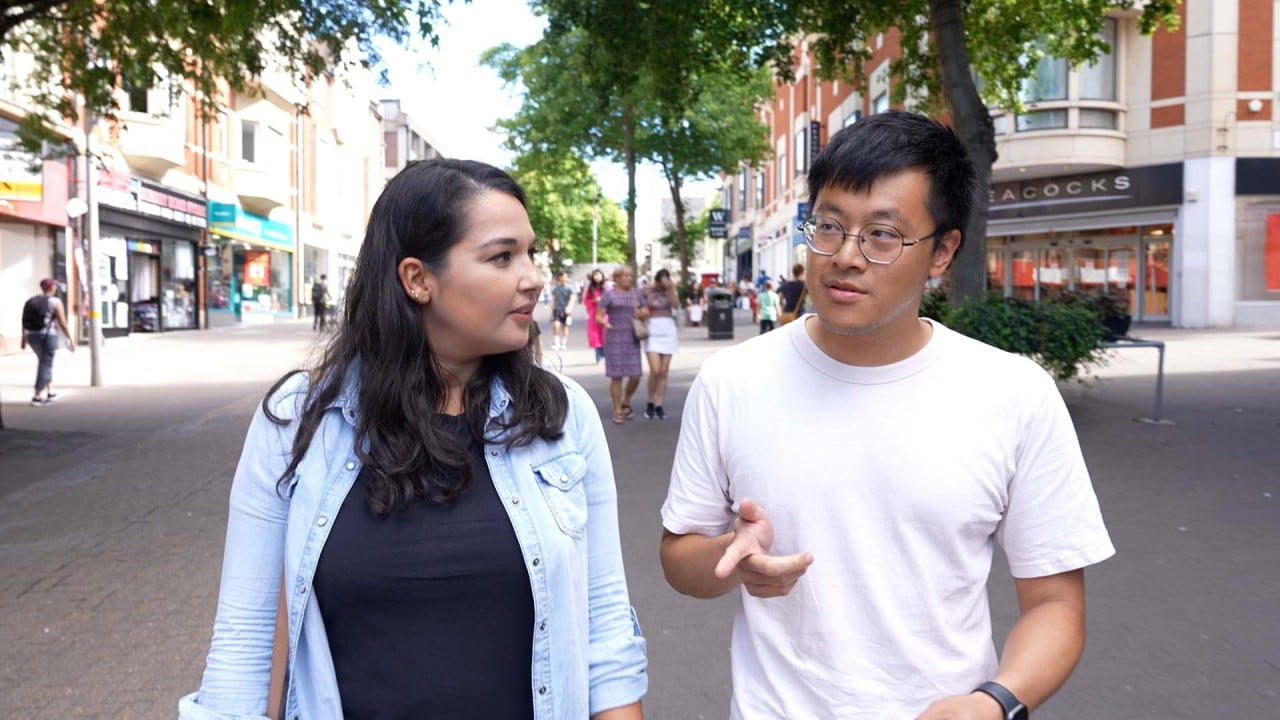
Targeting international students won’t save Britain’s crumbling university system
- The UK government is placing more restrictions on foreign students, causing dismay among university staff and administrators
- Making it more difficult to study in the UK is self-defeating and will only harm British universities that are already struggling
Many international students were drawn to the UK because of its two-year post-study work visa, available to anyone who studies in the UK. Earlier this year, though, Braverman proposed scrapping the visa and reducing the time to six months. Last year, Sunak said there would be a crackdown on international students studying “low-quality” degrees without saying which degrees this would cover.
For years, universities have exploited international students to pay for local students and failed to invest in other methods of funding. Now, university vice-chancellors say the UK higher education system is “broken” because of its heavy reliance on international students.
In 2021-22, Chinese students made up about one-fifth of international students in the UK, followed by Indian students. The student body at University College London, a top London university currently ranked eighth in the world, is about half international, with one in four students being Chinese.
Cambridge University, among others, has said students might not graduate this year because of marking boycotts. Students have been told to carry on as normal, but the visas of international students who do not graduate in time could be in jeopardy.

This means you must show an income of £1,334 per month in London and £1,023 outside the capital, in addition to visa fees of £410. All international students also pay an NHS surcharge – currently £470 per year – before even setting foot in the UK.
I have a child studying as an international student at a British university which has been affected by the pandemic and strikes. She has received little face-to-face teaching, her papers have been unmarked for months and her recent exam papers could continue to be unmarked, affecting her graduation.
Her teachers complain constantly about having 100 per cent of their pay deducted and living hand to mouth. International students make up 26 per cent of her university. In effect, they subsidise the rest.
UK universities should welcome Chinese students, not seek to close the door
But the Department for Education (DFE) has apparently intervened. The Telegraph reports that Braverman’s plans to crack down on foreign students have been “watered down” over fears they would increase tuition fees for British students. A DFE source is quoted as saying, “Where do you think the money comes to subsidise these tuition fees? It’s from the international students.”
Braverman is likely to keep targeting international students. Meanwhile, if British universities fail to fix their economic model, foreign students will simply go elsewhere, such as the US, Canada or Australia. Their talent – and money – will go with them.
Kavitha Rao is a London-based journalist and author who writes on culture, the arts, the environment, books and society


